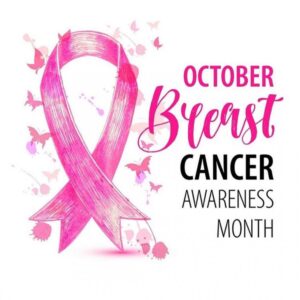 According to the Journal of Breast Cancer Research and Treatment (2011) and Cancer Epidemiology, Biomarkers & Prevention (2015), a journal of the American Association for Cancer Research you may be 11-14 times more likely to develop breast cancer if you have poor oral health or periodontal disease (gum disease).
According to the Journal of Breast Cancer Research and Treatment (2011) and Cancer Epidemiology, Biomarkers & Prevention (2015), a journal of the American Association for Cancer Research you may be 11-14 times more likely to develop breast cancer if you have poor oral health or periodontal disease (gum disease).
In general, the bacteria that form a film called plaque, and if not removed at least once per day, can cause gum disease that leads to inflammation. Inflammation has been found to be the precursor of heart disease, stroke, pregnancy problems, fatigue, and overall generalized ill-health. The byproducts of the oral inflammation enter the bloodstream, which may enhance cellular proliferation and mutagenesis, allowing for the development and spread of cancer. Researchers found that the C-reactive protein levels (an inflammation marker) in saliva have shown potential to assist in the diagnosis, treatment, and follow-up care of breast cancer. Additionally, more than 120 medical conditions, some of which are life threatening can be detected in the early stage by dentists.
The indisputable connection: Your saliva pH levels and cancer risk
While cancer cells can’t survive in oxygen-rich, alkaline environments, they love it when your body is acidic. Countless studies have demonstrated that a common characteristic of all tumors is their ability to thrive in acidic environments. The factors that cause pH levels to lower all have one thing in common: stress. To balance pH levels, the body extracts minerals such as calcium, magnesium and potassium from organs and bone marrow, which can lead to bone loss and the weakening of organs.
Pre-Cancer Treatment: Visit your dentist at least one month prior
The mouth is made up of cells that renew themselves daily. Since chemotherapy and radiation target certain types of cells that regenerate quickly even under normal circumstances, your mouth will be susceptible to damage. If you minimize bacterial plaque buildup by practicing good hygiene, you can decrease the side effects of treatment for breast cancer. Important recommendations from Dr. Spilman: avoid dental treatment for one week after chemotherapy and when white blood cell counts are low, and always report any sign of inflammation or red gums.